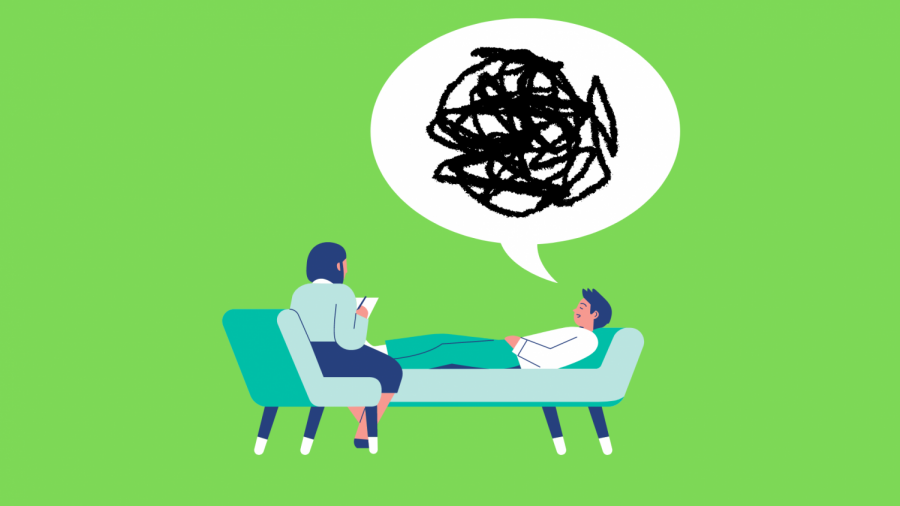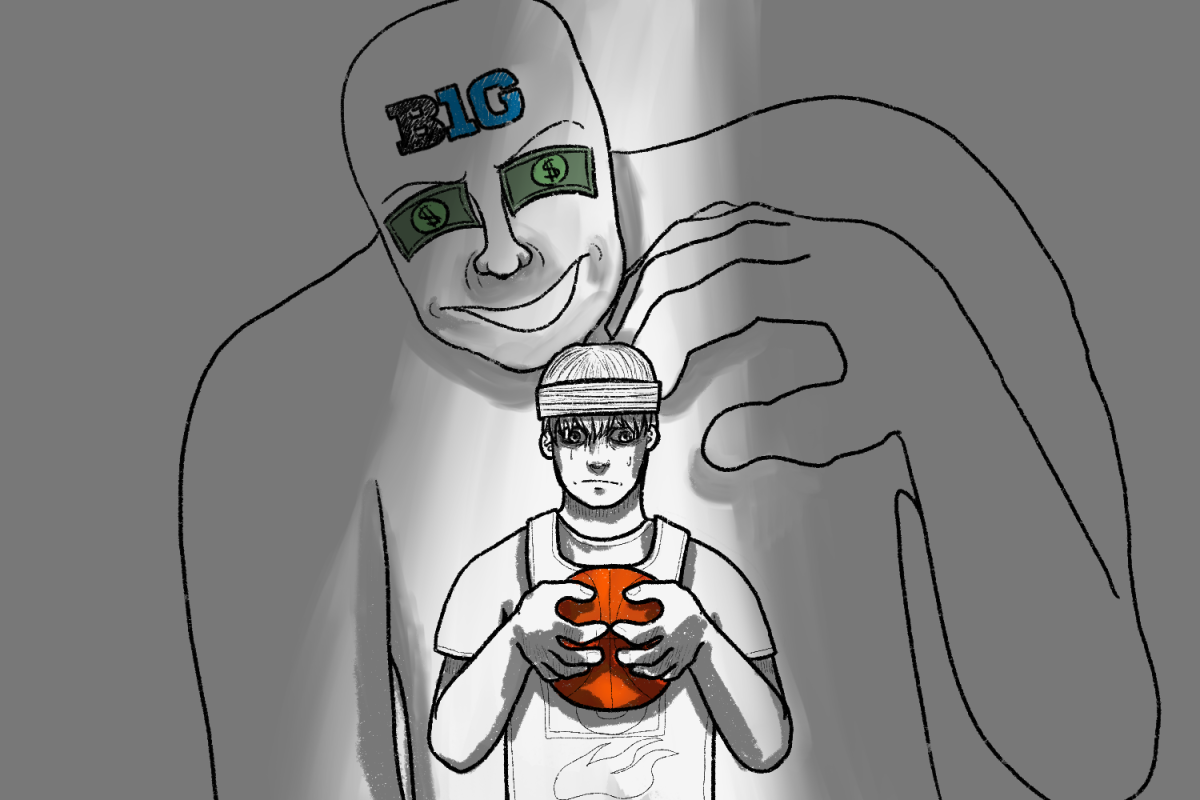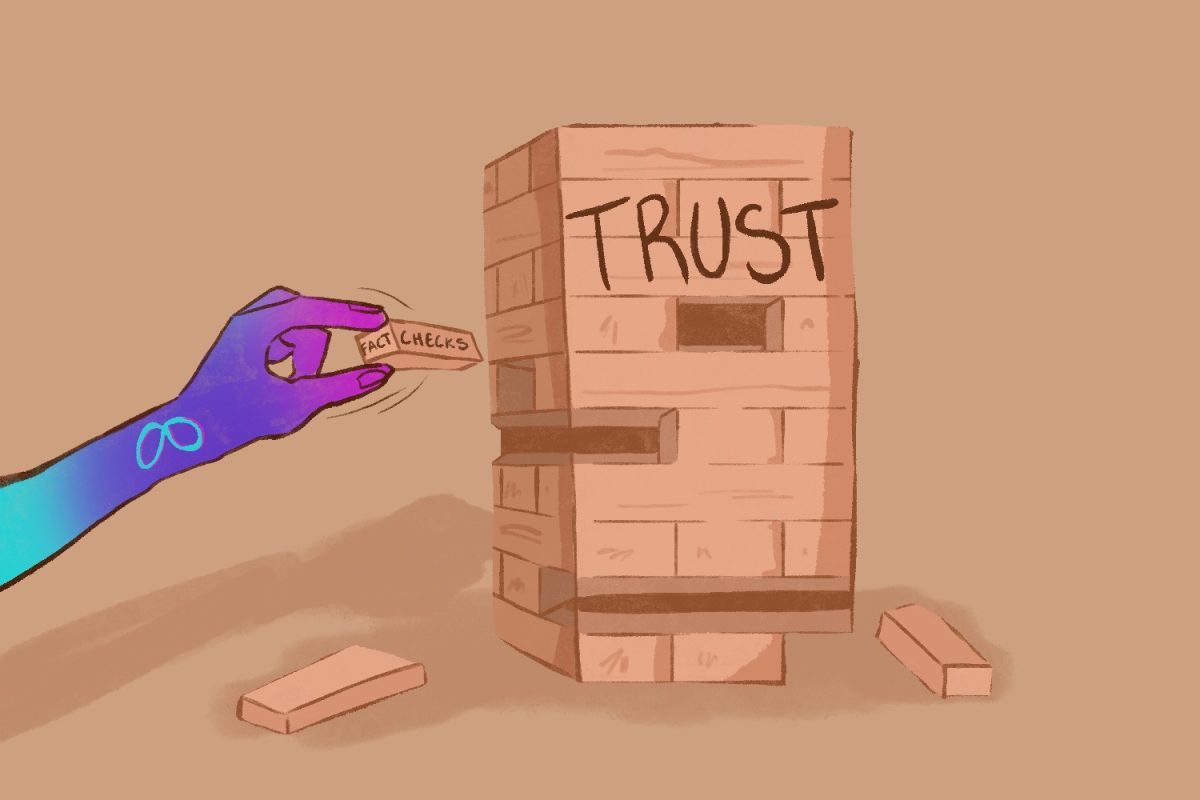People schedule regular doctor appointments, even if they aren’t sick. People go to the dentist regularly, even if they don’t have cavities. People schedule regular optometry appointments, even if they don’t need glasses. However, people don’t usually schedule regular therapy sessions.
Mental health is often overlooked, despite being just as important as other facets of one’s health. People should regularly utilize therapy to provide the same attention to their mental health that they do to other aspects of well-being.
According to the National Institutes of Mental Health, in 2019, 20.6% of adults had a prevalence of Any Mental Illness (AMI), but only 40.1% of those with AMI received mental health services. Even among those with AMI, not enough people are using mental health services.
Some people may say that they don’t need to go to therapy since they don’t have a mental illness. However, mental health checkups are just as important as other regular appointments, especially if one has any associated risk factors. Similar to conditions like heart disease, genetics and family history can affect the risk of mental illness.
Furthermore, mental health can affect physical health too. According to the National Alliance on Mental Illness, people with serious mental illness are nearly twice as likely to develop cardiovascular and metabolic diseases than those without. This makes taking care of mental well-being just as important as physical health and highlights the need for regular therapy.
One of the main barriers for many to receive mental health treatment is the cost, making it harder for those without insurance to get treatment. According to the Centers for Disease Control and Prevention, 9.2% of insured people had seen a mental health professional in the past 12 months, but only 4.8% of uninsured people did.
Even with insurance, the price of therapy is often too high to justify when one does not have any signs of mental illness. However, that doesn’t diminish the necessity of mental health treatment. In addition to helping treat those with mental illnesses, therapy also provides a way for people to check in on their mental health.
We go to the doctor’s office even when we aren’t sick; we should do the same with therapy and mental health.
*This editorial reflects the views of the Scot Scoop editorial board and was written by Jack Hansen.

































